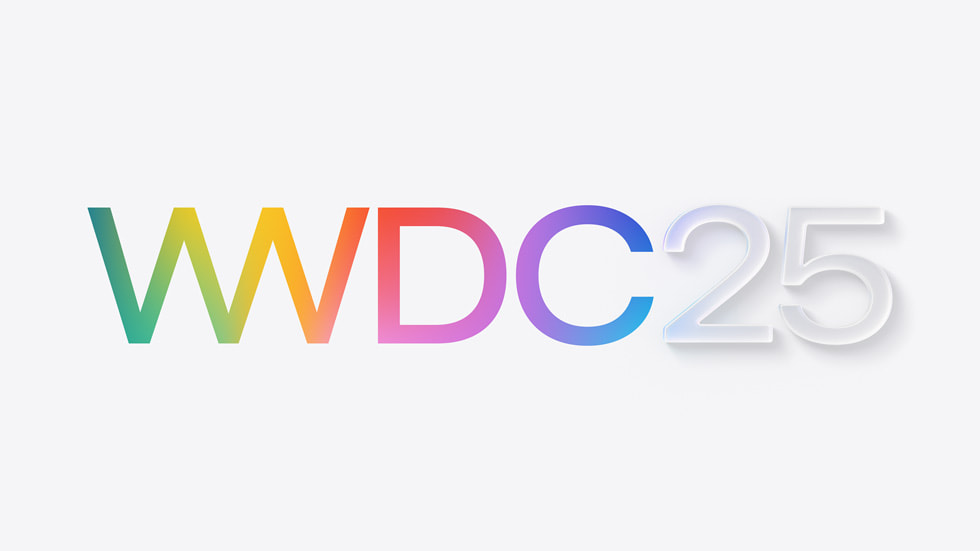At WWDC 25, Apple Needs to Reconnect with Developers Amid AI Challenges and Legal Hurdles

Apple's Worldwide Developer Conference (WWDC) has always been a major event for developers and tech enthusiasts. Last year, anticipation was at its peak as Apple was expected to reveal its robust AI capabilities, aiming to compete with giants like Google and OpenAI. However, the follow-up to their exciting demonstrations has left much to be desired, with developers and consumers expecting more.
The past year has made Apple's struggles with artificial intelligence more apparent. The company's ambitions for personalized intelligence have hit several delays, and the rollout of new tools has been inconsistent. The vision Apple presented in 2024, which promised a seamless integration of on-device AI, enhanced Siri interactions, and new developer capabilities, remains partially unfulfilled.
The staggered rollout of Apple Intelligence features faced several hiccups. The much-anticipated personalized version of Siri, intended to be a cornerstone of their AI strategy, has been delayed. This new Siri was supposed to be a context-aware assistant, understanding user behavior across various apps. The lack of delivery on this promise undermines Apple's AI proposition compared to its rivals like OpenAI, Google, and Microsoft.
With the upcoming WWDC 2025, there is cautious optimism about the consumer-facing Apple Intelligence features. Many look forward to incremental improvements, such as better AI integration in native apps and tools that allow developers to harness Apple's AI. However, expectations around Siri remain subdued.
Apple's potential lies in enabling AI-assisted app development. Tools like Cursor, Replit, and Bolt.new have simplified code generation, enabling developers to bring products to market more quickly. AI-powered apps have thrived as web-based solutions before transitioning to mobile formats via iOS and Android, showcasing a trend Apple needs to adopt.
For Apple, empowering developers through AI tooling could foster more iOS app development and expand its app ecosystem. This is crucial at a time when Apple's App Store revenue is under threat from regulatory changes prohibiting charge fees for specific payment methods.
Despite announcements, key initiatives like Swift Assist, a coding assistant introduced last year, haven't seen widespread adoption. Apple is reportedly developing an AI coding tool powered by Anthropic and plans to provide developers with access to Apple's AI models, hoping to lower the barrier for app development on iOS.
However, two significant challenges lie ahead: the web's dominance as a distribution platform and new regulations preventing Apple from charging certain fees in the U.S. for external app store payments.
Notably, in April, Judge Yvonne Gonzalez Rogers ruled against Apple's restrictions on linking to external payment methods, a decision upheld by a U.S. court despite Apple's appeal for a stay. This development could inspire other regulators to follow suit, potentially impacting Apple’s revenue model.
With mounting pressure, Apple must demonstrate the value of its ecosystem and possibly reevaluate its commission structure. As we approach WWDC 2025, Apple finds itself needing to tell a compelling story about its AI capabilities and deliver on its promises, both to end users and the developer community integral to its ecosystem.